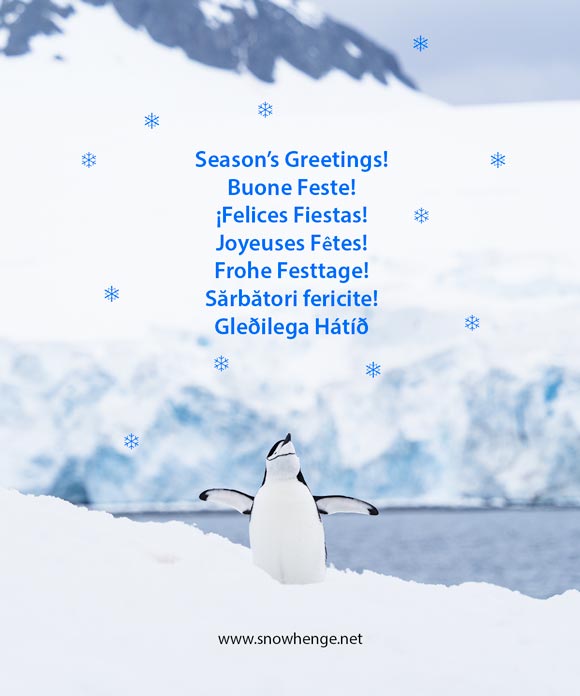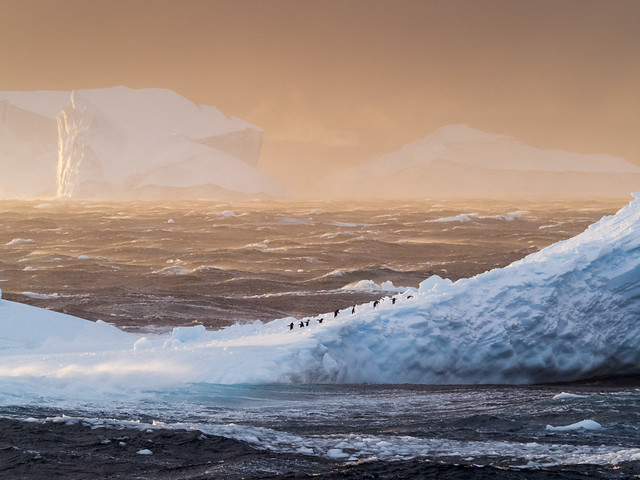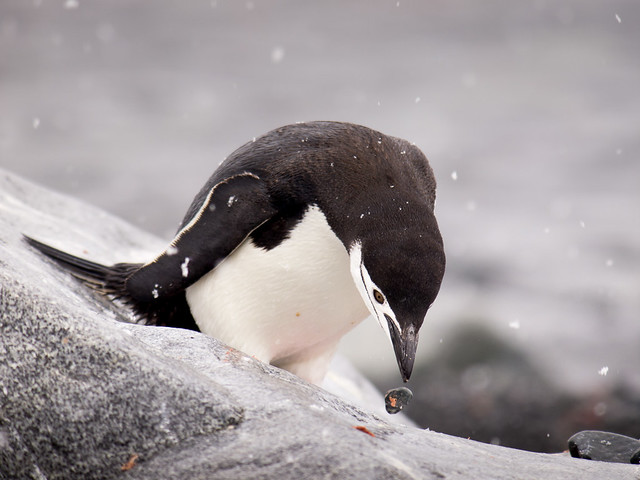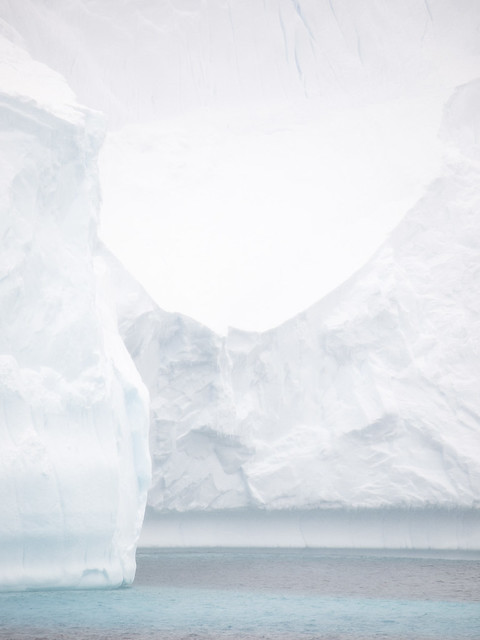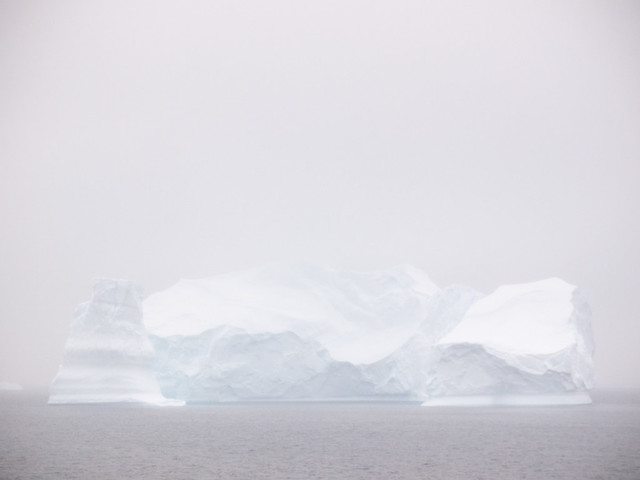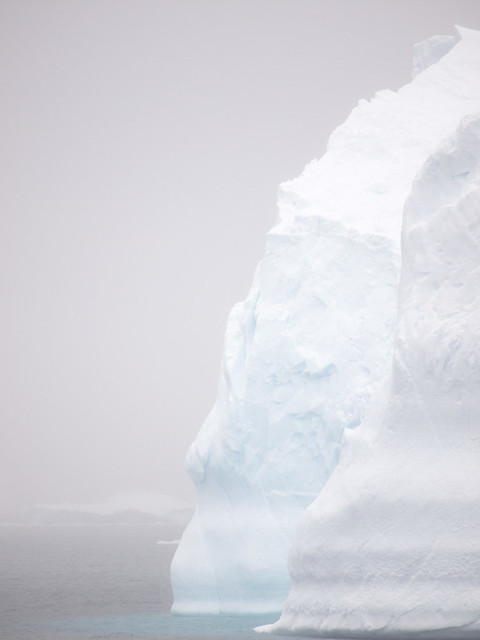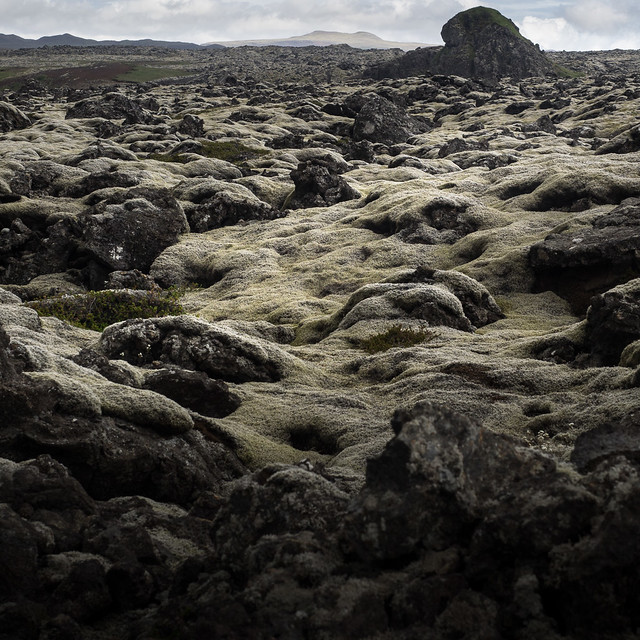in
GAS , Sunday, November 06, 2016
A couple of years ago, I went off for a 5 week trip around Argentinian Patagonia and Tierra del Fuego, fitting in a 12-day cruise around the Antarctic Peninsula. Apart from the fact the the photos from that trip, in particular those from the Argentinian part, are still languishing neglected in my archives, one thing that keeps nagging at me is the ridiculous amount of gear I burdened myself with. I've whined quite a lot it here -
here, and
here, for example. I should have known better.
So, with a sort-of repeat experience coming up at the end of the month, have I learned my lesson ? Well, perhaps. I've worked out that even neglecting things like filters, batteries, film, and all the other paraphernalia, in December 2012 I set off with a backpack weighing over 10kg. And actually, I also had a Domke shoulder bag with a Ricoh GRD4, but I was relieved of this by a helpful Argentinian in Buenos Aires. This time, largely thanks to the Olympus Micro Four Thirds system, and swapping the Sigma Dp0 for the Hasselblad XPan set, I have a very similar set, but weighing under 7kg. It's still noticeable, but manageable. The difference between the Four Thirds and Micro Four Thirds sets is a significant contribution:
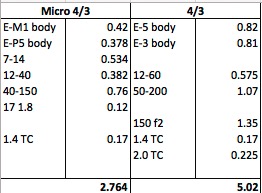
The range of focal lengths is a bit different. I left the 4/3 7-14 f/4 lens at home last time, because it was just impossible. But the m4/3 version is much lighter (and faster). What I am missing in my 2016 packing list is a long telephoto. In 2013 I took a non-mirrorless E-System kit with me, and the fabulous Zuiko Digital 150mm f2/0. Attaching this to a 2x convertor turned it into a 300m f/4, a pretty powerful tool. Coincidentally, Olympus now sells a very highly rated 300m f/4 for Micro Four Thirds. Forgetting the cost for a moment, this weighs in at 1.2kg, only 100g lighter than the old ZD 150. My Lightroom catalog tells me that in 2013, out of a total of 1108 photos taken in the Antarctic, only 89 were taken with this cumbersome and restrictive 150mm. However, those 89 include several of my favourites. But anyway the conclusive point is that there is no room in my backpack for a 300mm lens, so I'll just have to be more creative with what I've got. And anyway, I'm not really a dedicated wildlife photographer, so a 300mm prime lens really would be a little extravagant.

A pretty psychedelic penguin, rather an extreme shot taken with the Zuiko 150mm f/2 wide open
And a somewhat psychotic penguin. This time with the 150mm f/2 tele-converted to a 300mm f/2
Very recently Olympus introduced a new lens, a 12-100mm constant f/4 zoom, which would be really ideal for travel like this. The 12-40mm f2/8 is really excellent, but it is a little restricted in range, and a 12-100 would really help to avoid a lot of lens swapping, which in typically Antarctic Peninsula weather is really no bad thing. The new Olympus camera, the E-M1 Mk II, would also bring a lot of benefits. Unfortunately neither of these will apparently be available until 2 days before I return. Not being a Famous Photoblogger, there's no chance of getting my hands on them. Oh well, what I've got will work just fine.
Actually, weight is less of an issue this time, as the trip basically consists of a glorified taxi ride into (hopefully) the Weddell Sea, but still, it counts. One issue is of course ever stricter carry-on baggage restrictions, so that too needs to be taken into account, but there is also the point that too much gear can drastically interfere with photography.
Hopefully I won't end up whining so much this time.
